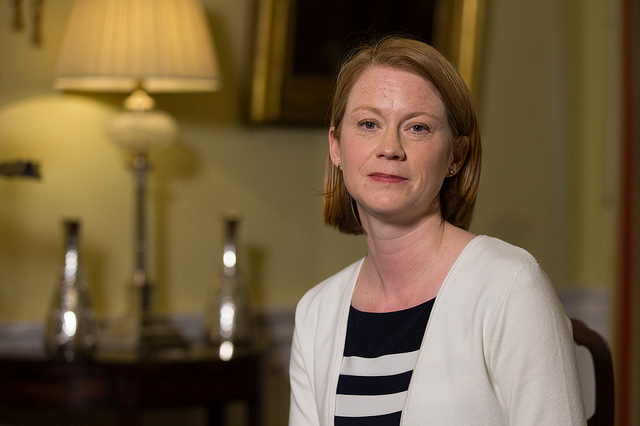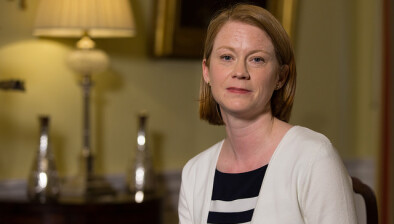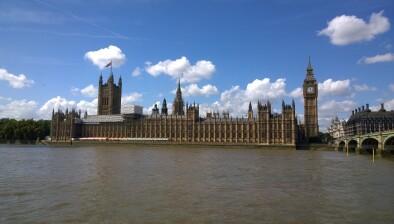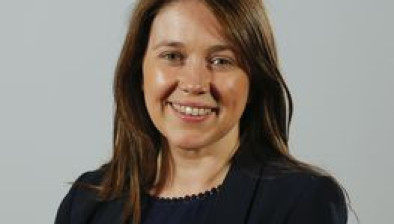Government defends ‘game-changing’ Scottish Child Payment

Social justice secretary Shirley-Anne Somerville
The Scottish Government has come out in defence of the Scottish Child Payment following criticism of the benefit in a Reform Scotland report.
In a paper published by the think-tank earlier this week, former social justice minister Des McNulty said the payment needs to be rethought with higher priority given to prevention, place-focused interventions and addressing the circumstances and needs of the most vulnerable and poorest families,
Mr McNulty argued that over the period 2017-24, the Scottish Government strategy and plans directed towards reducing child poverty narrowed in focus, with cash interventions prioritised as the core mechanism to drive progress.
Responding to the report, social justice secretary Shirley-Anne Somerville the latest official statistics, covering the period 2022-23, which do not capture the full impact of the rollout of the Scottish Child Payment, show Scottish child poverty rates remain lower than elsewhere in the UK – with investment in key measures, including the Scottish Child Payment, expected to increase this gap.
According to the Scottish Government, these statistics largely reflect a period when the Scottish Child Payment was £20 per week and only available for children under 6. From 14 November 2022, the Scottish Child Payment was increased to £25 per week and applications opened to all eligible 6-15 year olds. The full impact of the payment is expected to be captured within data to be published in March 2025, covering the period 2023-24.
Social justice secretary Shirley-Anne Somerville said: “The Scottish Child Payment is not available anywhere else in the UK and provides unparalleled support to low-income families.
“Modelling published in February projects Scottish Government policies, including the Scottish Child Payment, will keep 100,000 children out of poverty this year. The payment has been described as ‘game-changing’ and is widely hailed for its impact by anti-poverty campaigners.
“As a government, we have spent around £1.2 billion mitigating the impacts of 14 years of harmful UK Government policies such as the bedroom tax, and we continue to call for the UK Government to scrap the two-child limit, given the irrefutable evidence that the policy is increasing poverty and hardship across the UK.”








